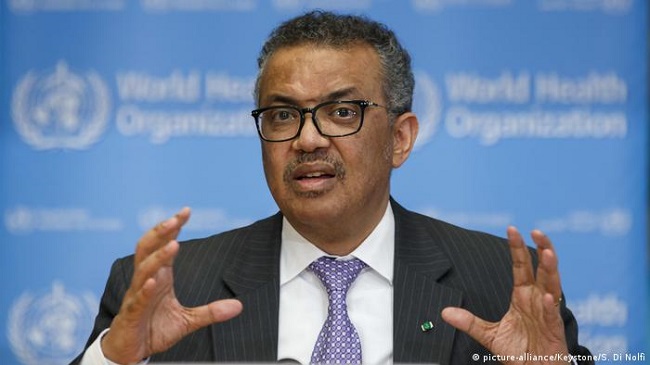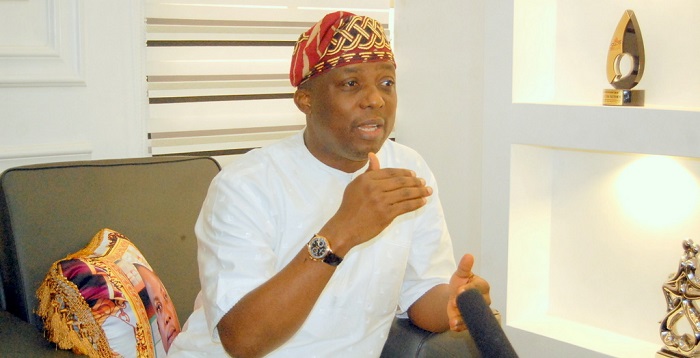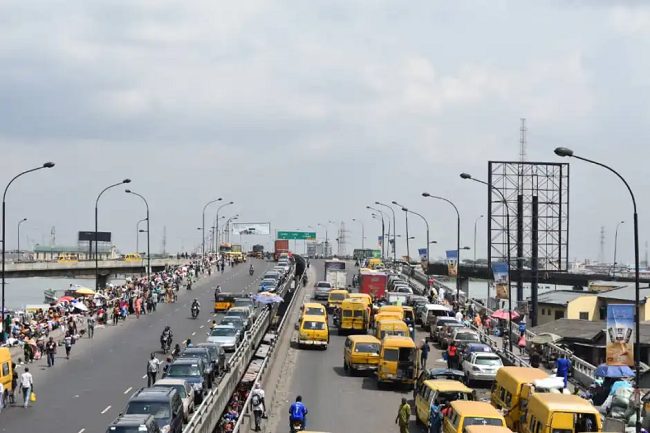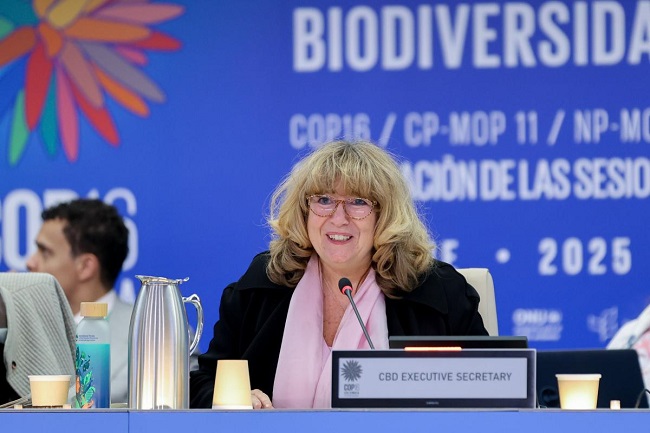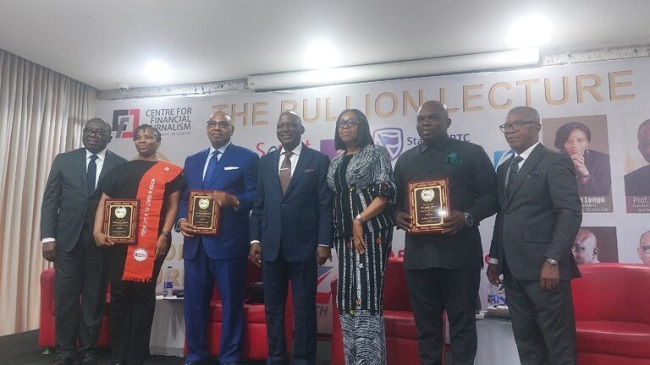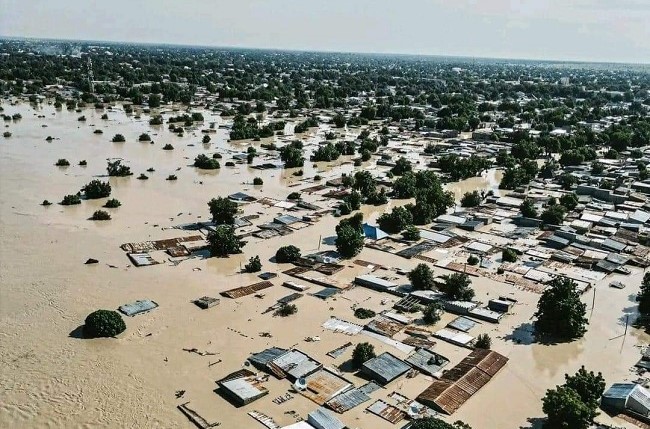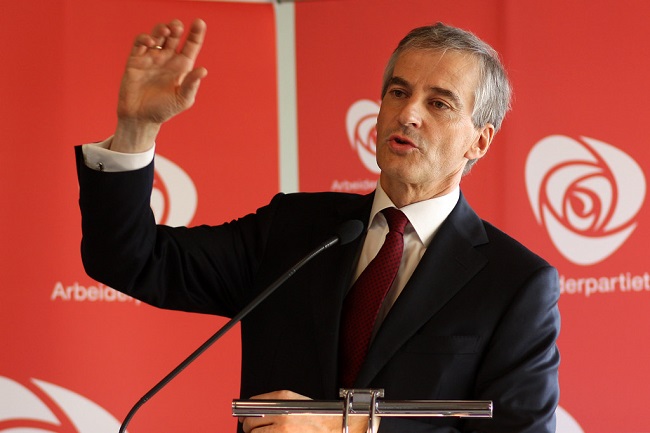Across Nigeria, from the bustling streets of Lagos to the quiet neighbourhoods of Enugu and the vibrant markets of Kano, ultra-processed food (UPF) companies are saturating the country with flashy adverts for sugary drinks, snacks and products targeted at children. These items are everywhere – in schools, churches, and on social media – and they are cheap.
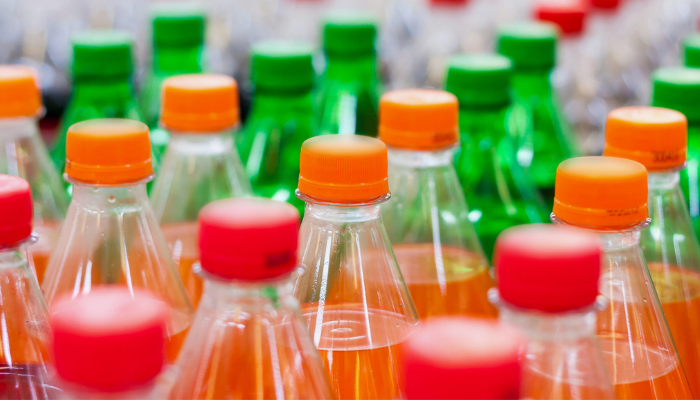
Yet behind the bright colours and sweet flavours lies a growing threat to children’s health. Global health authorities, including the World Health Organisation (WHO), have repeatedly warned that the widespread consumption of these unhealthy diets is driving a surge in poor nutrition, obesity, diabetes, cardiovascular diseases, and other long-term health risks worldwide, a trend now clearly visible among Nigeria’s youngest.
Ultra-processed foods are industrial formulations made with little to no whole foods. They are typically loaded with additives, preservatives, artificial flavours, and excessive amounts of sugar, salt, and unhealthy fats. Common examples include sugary cereals, carbonated drinks, instant noodles, and packaged snacks.
According to a 2021 report by the Global Nutrition Report, Nigeria is experiencing a rapid increase in the consumption of UPFs, with children emerging as the main targets. The tactics employed by food companies to reach this demographic are both calculated and manipulative.
Brightly coloured packaging featuring popular cartoon characters, free toys, and school-based promotions are just a few of the carefully crafted strategies adopted to capture and captivate young minds. Celebrities and influencers often viewed as role models are also paid to normalise and endorse these products, making them appear desirable, aspirational, and harmless.
For instance, a recent campaign by a leading carbonated drink brand featured a popular Nigerian musician encouraging children to “share the joy” by consuming the product. Even institutions that should serve as protective and nurturing spaces for children, such as schools and religious centres, have become conduits for these aggressive marketing campaigns.
The consequences of this unchecked exposure are dire. A 2023 study published in The Lancet revealed that children who consume high amounts of UPFs are 45 percent more likely to develop obesity and related health complications. In Nigeria, the statistics are equally grim. A 2022 report by the Nigerian Ministry of Health and Social Welfare found that childhood obesity rates have tripled in the past decade, with UPFs identified as a key contributor. Type 2 diabetes, once rare among children, is now on the rise and has a become a growing concern for many.
What makes these commercial bombardments by the ultra-processed foods industry particularly insidious is how they tap into children’s psychological vulnerabilities. By linking their products to happiness, fun, and social belonging, they create powerful emotional associations.
Schools, often underfunded and under-resourced, have become prime targets. Companies sponsor school events, provide free samples, and even distribute branded educational materials.
Online, the problem is even more pervasive. Social media platforms like Instagram and TikTok are flooded with advertisements featuring influencers who glamorise the consumption of UPFs. A study by Ada Mac -Ozibgo found that 70 percent of food advertisements targeting children on social media are for unhealthy products.
Given the scale and urgency of this challenge, regulatory action could not be more urgent. Countries like Mexico and Chile have already taken bold steps by banning the advertisement of UPFs within school environments and during children’s television programmes. These policies reflect a clear understanding of the long-term health costs of inaction. Nigeria must follow suit. The federal government, alongside public health authorities, must enact and enforce similar restrictions to shield children from a health crisis that is both preventable and rapidly worsening.
Parents, caregivers, and guardians also have a critical role to play. By educating the children in their care about healthy eating habits and limiting their exposure to UPFs, they can help foster healthier choices and build resilience against the overwhelming pressure of corporate marketing. Likewise, schools and religious institutions must prioritise the health of children by rejecting exploitative sponsorships from food companies.
After all, every time a child reaches for a sugary drink or a packet of instant noodles, they are not just consuming empty calories, but also ingesting a future fraught with health complications. No child should be left to navigate a food environment deliberately engineered to hook them early and keep them hooked. Nigeria’s children deserve better than a lifetime of diet-related illnesses packaged in glossy wrappers. They deserve protection, accountability, and a food system built around their healthy development.
Ukeaja is a healthy food advocate and Industry Monitoring Officer at Corporate Accountability and Public Participation Africa (CAPPA)

